Declaring bankruptcy can have a significant impact on family law disputes, and it is not uncommon for the Family Court and Federal Court to deal with the bankruptcy of a party to a de facto relationship or marriage. Bankruptcy combined with divorce or separation can be an extremely stressful and emotional experience. Each case can be quite complex. So how does bankruptcy affect family law issues?
What is Bankruptcy?
The Bankruptcy Act 1966 defines the term as a person:
“a) against whose estate a sequestration order has been made; or
b) who has become a bankrupt by virtue of the presentation of a debtor’s petition.”
To become bankrupt, a person may either lodge an application, or a creditor can petition for that person to become bankrupt. When a person is declared as bankrupt, a trustee will be assigned to take over all financial affairs by managing assets and paying creditors. Categories of assets excluded include superannuation, a motor vehicle up to a certain value and most household goods.
Bankruptcy can occur in any of the following family law matters:
- Marriage;
- De facto relationships;
- Separation/divorce; or
- Negotiating property settlement;
Under section 79 of the Family Law Act, three types of property of the marriage will likely be dealt with by the Court include the bankrupt’s property vested in the trustee, the bankrupt’s property which does not vest in the trustee, and the non-bankrupt spouse’s assets.
Bankruptcy and Family Law
Substantial amendments were made to the Family Law Act and Bankruptcy Act 1966 in 2005, in order to improve the process between bankruptcy and family law.
These amendments grant the Family Court to deal with proceedings for property settlement and spousal maintenance where the non-bankrupt spouse may obtain a share in vested assets of the bankrupt. Section 79 of the Family Law Act outlines that the Court has the power to adjust property interests between spouses, regardless of whether or not that asset is held in a sole name. For instance, if a matrimonial home is held in the bankrupt spouse’s name, the Court may come to the conclusion that it is a joint matrimonial property, and that the non-bankrupt party’s interest in the property must be protected. Under section 79, the trustee may also apply to the court to be joined as a party to the family law proceedings.
Section 75(2) of the Family Law Act sets out numerous factors that may be taken into account by the Court when deciding the distribution in property settlements and maintenance. The court must have regard to the effect of any proposed spousal maintenance order on the ability of the creditor of a party to recover the creditor’s debt.
Section 58(5A) of the Bankruptcy Act states that “nothing in this section shall be taken to prevent a creditor from enforcing any remedy against a bankrupt, or against any property of a bankrupt that is not vested in the trustee of the bankrupt in respect of any liability of the bankrupt under (a) a maintenance agreement, or (b) a maintenance order”. What this means is that the bankrupt person can be pursued for child support debt and payments, regardless of the financial status.
Rights of the Non-Bankrupt Party
In a situation where one party is bankrupt and the other is not, the non-bankrupt party to a de facto relationship or marriage can make an application to the Family Court for an injunction. The injunction’s purpose is to restrain the trustee from declaring or distributing assets or property amongst the bankrupt party’s creditors before a property settlement matter is resolved. The Court then will decide who has priority rights to the property – the creditors or the non-bankrupt spouse.
Five Step Process for Property Settlement
To determine property settlements, regardless of whether a party is bankrupt, the Court applies the following five step process:
1. Determine and value the parties’ property;
2. Determine if it is ‘just and equitable’ to make an order altering the parties’ existing interests;
3. Assess the parties’ financial and non-financial contributions to property and the welfare of the family;
4. Consider the future needs of the parties outlined in section 75(2) of the Family Law Act; and
5. Determine that the order to be made is just and equitable.
The Court must also take into account the effect of any proposed property settlement order on the ability of the creditor to recover the debts from the bankrupt party.
Speak to a Lawyer About Bankruptcy and Family Law
Whether you are the bankrupt or non-bankrupt party, it is essential to acquire legal advice and representation, particularly when it comes to bankruptcy and family law matters such as child or spouse maintenance. Our team at Emerson Family Law are highly experienced in dealing with children’s matters, divorce & separation and property settlements. Please get in touch to see how we can help you.



